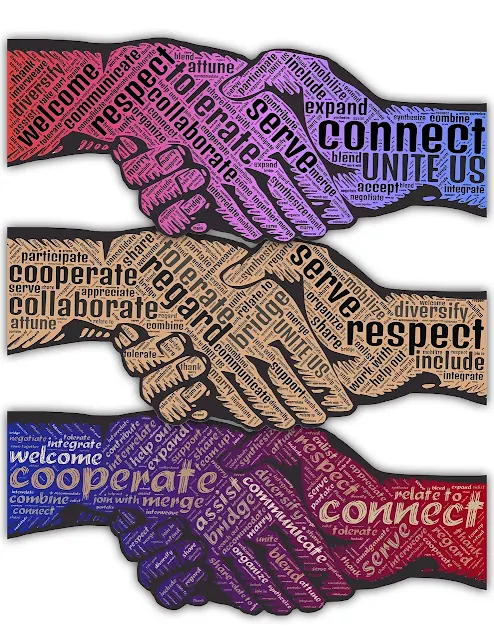In a rapidly changing world where technology connects us globally, the concept of social integrity takes center stage. Social integrity is the cornerstone of a healthy and thriving society, emphasizing honesty, respect, and a collective commitment to ethical behavior. In this blog post, we delve into the significance of social integrity and explore how fostering this virtue contributes to the well-being of communities.
Understanding Social Integrity:
1. Honesty and Transparency:
- Social integrity begins with honesty and transparency in our interactions. It involves being truthful in our communications and transparent in our actions, building a foundation of trust among individuals and within communities.
2. Respect for Diversity:
- Embracing diversity is a key component of social integrity. Respect for different perspectives, backgrounds, and beliefs creates a harmonious environment where individuals feel valued and included. It encourages open-mindedness and fosters a sense of unity despite differences.
3. Ethical Decision-Making:
- Social integrity calls for ethical decision-making at both individual and collective levels. When communities uphold ethical standards, they create an environment where fairness, justice, and moral principles guide actions and interactions.
4. Community Engagement:
- Actively participating in community initiatives and engaging with fellow citizens contributes to the social fabric. Community engagement builds a sense of shared responsibility, encouraging individuals to work together for the common good.
The Impact of Social Integrity:
1. Trust and Cohesion:
- Communities built on social integrity experience higher levels of trust and cohesion. Trust is the glue that binds individuals together, allowing them to collaborate effectively and face challenges as a unified front.
2. Conflict Resolution:
- Social integrity provides a framework for resolving conflicts peacefully. When individuals prioritize respectful communication and understanding, conflicts are approached with empathy, and solutions are sought through dialogue rather than confrontation.
3. Positive Social Change:
- Social integrity is a catalyst for positive social change. Communities that value integrity are more likely to advocate for justice, equality, and sustainable practices. This commitment to ethical behavior has a ripple effect, influencing societal norms and institutions.
4. Well-Being and Mental Health:
- A socially integral community contributes to the well-being and mental health of its members. The sense of belonging, support, and shared values creates an environment where individuals can thrive emotionally and psychologically.
Fostering Social Integrity:
1. Education and Awareness:
- Promote education and awareness initiatives that highlight the importance of social integrity. Workshops, seminars, and community programs can provide valuable insights and practical tools for individuals to cultivate and maintain social integrity.
2. Leading by Example:
- Leaders, whether in communities or organizations, play a crucial role in shaping the culture of social integrity. Leading by example, demonstrating ethical behavior, and holding others accountable contribute to the establishment of a culture of integrity.
3. Encouraging Dialogue:
- Foster open and honest dialogue within communities. Encourage conversations that explore differing perspectives, promoting understanding and empathy. Dialogue helps bridge gaps and build connections among individuals with diverse experiences.
4. Celebrating Acts of Integrity:
- Acknowledge and celebrate acts of integrity within the community. Recognizing individuals or groups for their commitment to ethical behavior reinforces the importance of social integrity as a shared value.
Conclusion:
Social integrity is not a lofty ideal but a practical and essential aspect of building strong, resilient communities. As we navigate the complexities of our interconnected world, let us recognize the power of social integrity in fostering trust, cohesion, and positive change. By embracing the principles of honesty, respect, and ethical decision-making, we contribute to the creation of communities where individuals thrive, conflicts are resolved peacefully, and the collective pursuit of well-being becomes a shared endeavor. Together, let us embark on a journey towards stronger, more socially integral societies.







0 Comments